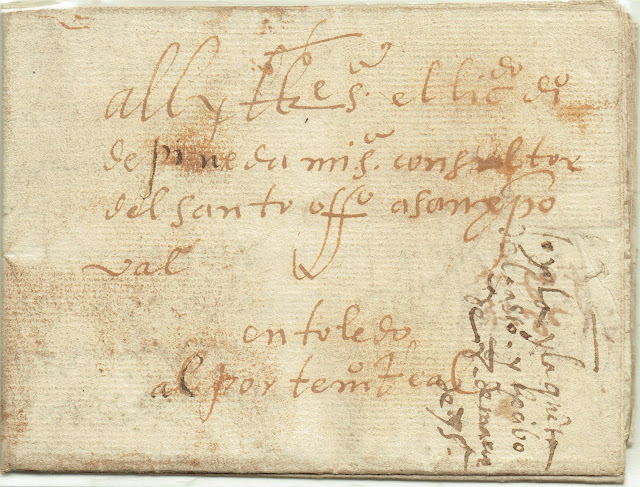In 2020 America lost it. A rogue cop killed a known criminal with whom he had a history with. The murder of George Floyd, a Black man, by a White police officer sparked riots across the United States and around the world, including in Spain, where activists joined the global movement in seeking to raise awareness about discrimination and racism.
During one of the biggest such rallies in Spain, thousands marched in Madrid in June, making their way to the capital’s Puerta del Sol square, a popular spot for rallies and protests.
In May 2021, Spain’s postal service, Correos, decided to jump on the anti-racism and on the first anniversary of George Floyd’s death, issued a set of four stamps with images of skin-tone stamps, the lightest being the most valuable.
“The darker the stamp, the less value it will have. Therefore, when making a shipment, it will be necessary to use more black stamps than white ones. That way, each letter and each shipment will become a reflection of the inequality created by racism.” Correos said in a news release announcing the launch.
This prompted criticism worldwide as the issue itself was considered racist. People criticized the campaign upon its launch, calling it tone-deaf or "accidentally racist." "Correos is an anti-racist company," said the Correos spokesman, but the damage was done!
The issue was withdrawn after three days. A new rarity? My only question is why are there not protests worldwide when Jews are killed? How often does it reach the headlines?











